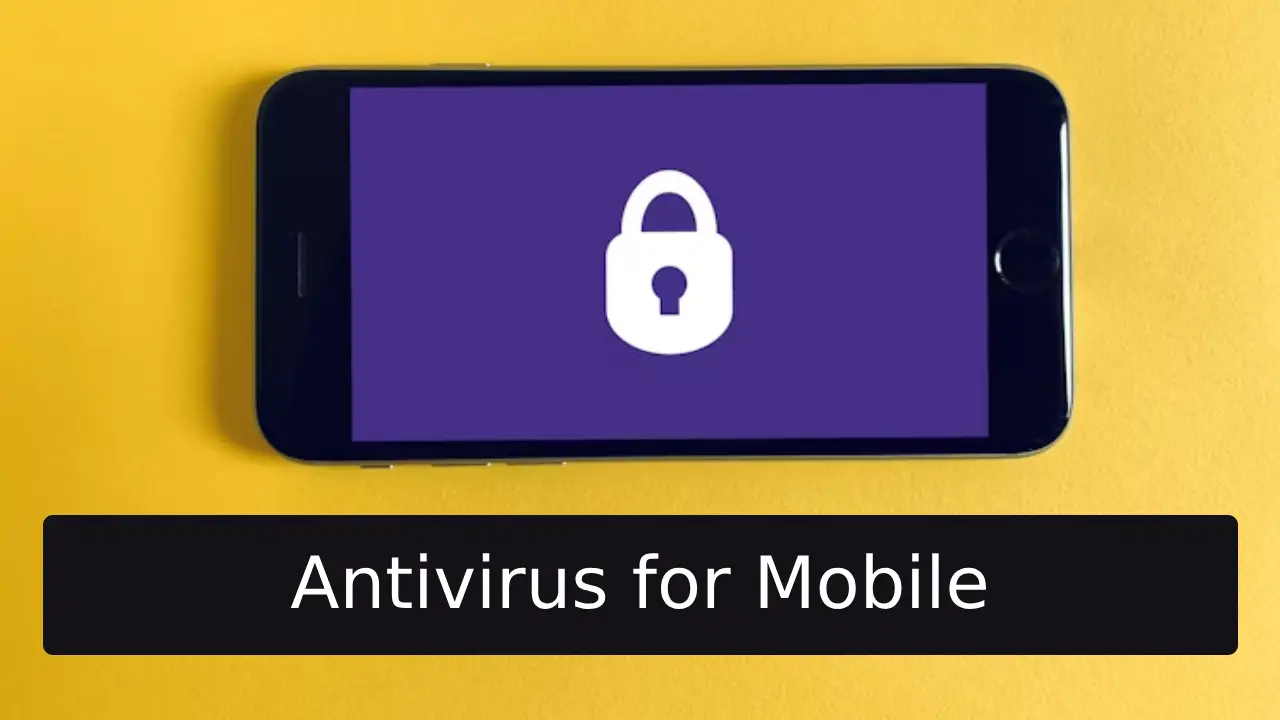Do You Need an Antivirus for Mobile? The Uncomfortable Truth
Antivirus for mobile isn’t just hype—it’s a necessity in today’s threat landscape. While many assume iPhones are invincible and Androids “manageable,” surging malware attacks (like FluBot and GriftHorse) prove otherwise. With 2.6 million new mobile malware samples detected in 2023 alone (McAfee), ignoring protection risks puts your data, money, and privacy. This guide cuts through myths, exposing why both Android and iPhone users must rethink security.
Why Mobile Devices Are Prime Targets for Hackers
- Pervasive threats: 60% of fraud originates from mobile devices (RSA Security).
- Data goldmines: Phones store banking apps, IDs, photos, and location history.
- Weaker defenses: Unlike PCs, mobiles lack built-in firewalls or robust permission controls.
Android vs. iPhone: The Security Gap Exposed
Android Vulnerabilities: The Open-Source Double-Edged Sword
Android’s flexibility invites exploitation. Third-party app stores host 32% of malware (Nokia Threat Intelligence), while fragmented updates leave 1 in 5 devices unpatched. Real threats include:
- SMS trojans draining bank accounts.
- Fake apps mimicking WhatsApp or games.
- Adware hijacks browsers with malicious redirects.
iPhone Security: The “Walled Garden” Isn’t Impenetrable
While iOS sandboxing reduces risks, threats persist:
- Zero-day exploits like “ForcedEntry” (2021) bypassed Apple’s encryption.
- Enterprise certificate abuse sideloads malware (e.g., LightSpy spyware).
- Phishing scams via iMessage/Safari are stealing Apple ID credentials.
How Modern Antivirus for Mobile Works (Beyond Scans)
Today’s solutions offer multi-layered shields:
- Real-time malware blocking during app installs.
- Wi-Fi security scanners are detecting rogue networks.
- Anti-phishing for SMS/email scams.
- App permission monitors flagging data leaks.
- Theft protection with remote wipe/lock (e.g., Bitdefender, Norton).
7 Undeniable Reasons You Need Antivirus for Mobile
- Public Wi-Fi traps: Hackers intercept data on coffee shop networks. Antivirus VPNs encrypt traffic.
- Contact list poisoning: Malware spreads via SMS to your network.
- Ransomware lockouts: Attacks like Lockerpin freeze Android devices.
- Banking trojans: Spyware like Cerberus logs keystrokes in finance apps.
- Fleeceware scams: Fake apps bill $100s via hidden subscriptions.
- Stalkerware risks: Spy tools track location/messages without consent.
- iCloud exploits: Compromised Apple IDs lead to permanent data loss.
🔍 Case Study: A 2023 Avast report found 45% of Android users encountered malware—mostly via malicious ads and counterfeit apps.
Choosing Antivirus for Mobile: 5 Must-Have Features
| Feature | Why It Matters | Top Tools Offering It |
|---|---|---|
| Web Shield | Blocks phishing sites pre-load | Kaspersky, Avast |
| App Scanner | Checks APK/iOS files before installation | McAfee, Bitdefender |
| Anti-Theft | Remotely wipe/locate lost device | Norton, Trend Micro |
| Privacy Audit | Reveals app permissions (e.g., “Why does a calculator need location?”) | AVG, Sophos |
| Call Blocker | Filters spam/fraud calls in real-time | Malwarebytes, ESET |
Beyond Antivirus: Critical Mobile Security Habits
- Update relentlessly: Patch OS/apps monthly to fix vulnerabilities.
- Avoid sideloading: Disable “unknown sources” on Android unless essential.
- Use 2FA: Secure accounts with app-based authenticators (not SMS).
- Backup regularly: Enable Google Drive/iCloud backups weekly.
- Review permissions: Revoke app access to contacts/microphone if unused.
Mythbuster: “iPhones don’t need antivirus!” Truth: While iOS has stricter controls, App Store scams and social engineering demand vigilance.
Better Safe Than Hacked
Antivirus for mobile isn’t optional—it’s insurance against evolving threats. Android users should prioritize robust suites like Bitdefender or Norton. iPhone loyalists benefit from VPNs (like ExpressVPN) and scam scanners (e.g., McAfee Security). Ultimately, combining proactive tools with smart habits shields your digital life. Ignoring protection invites financial ruin, identity theft, and irreversible data loss. Start defending your device today—before the next attack strikes.

